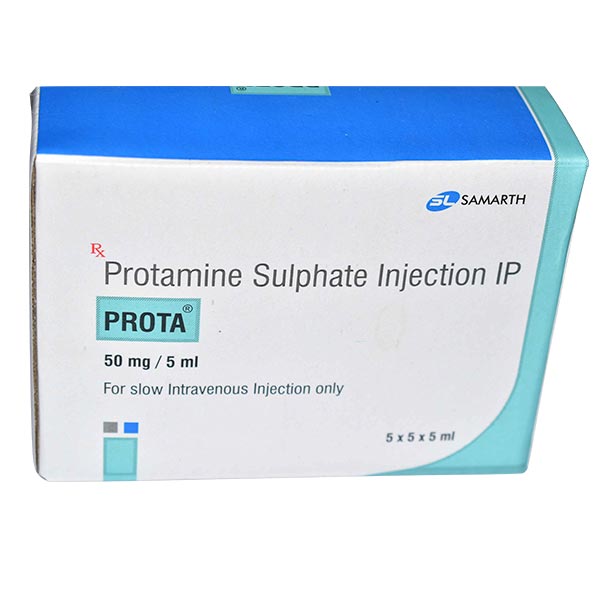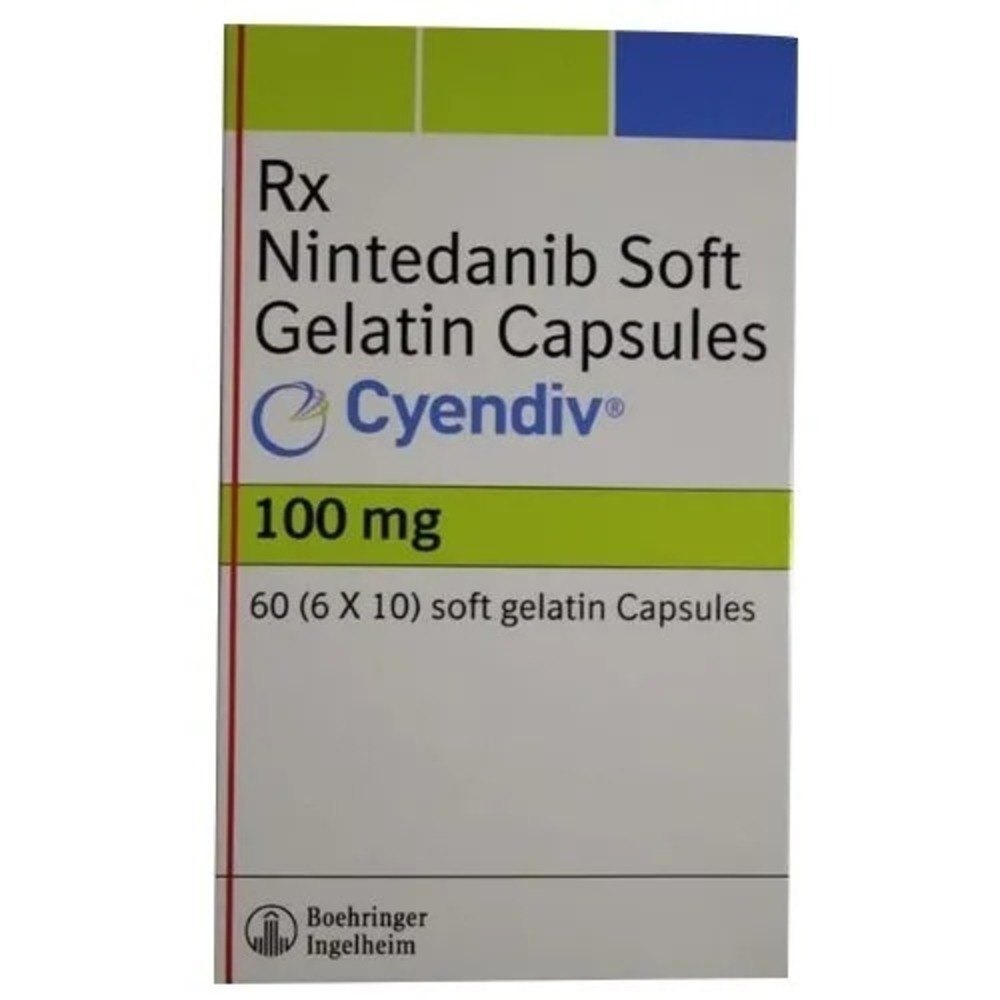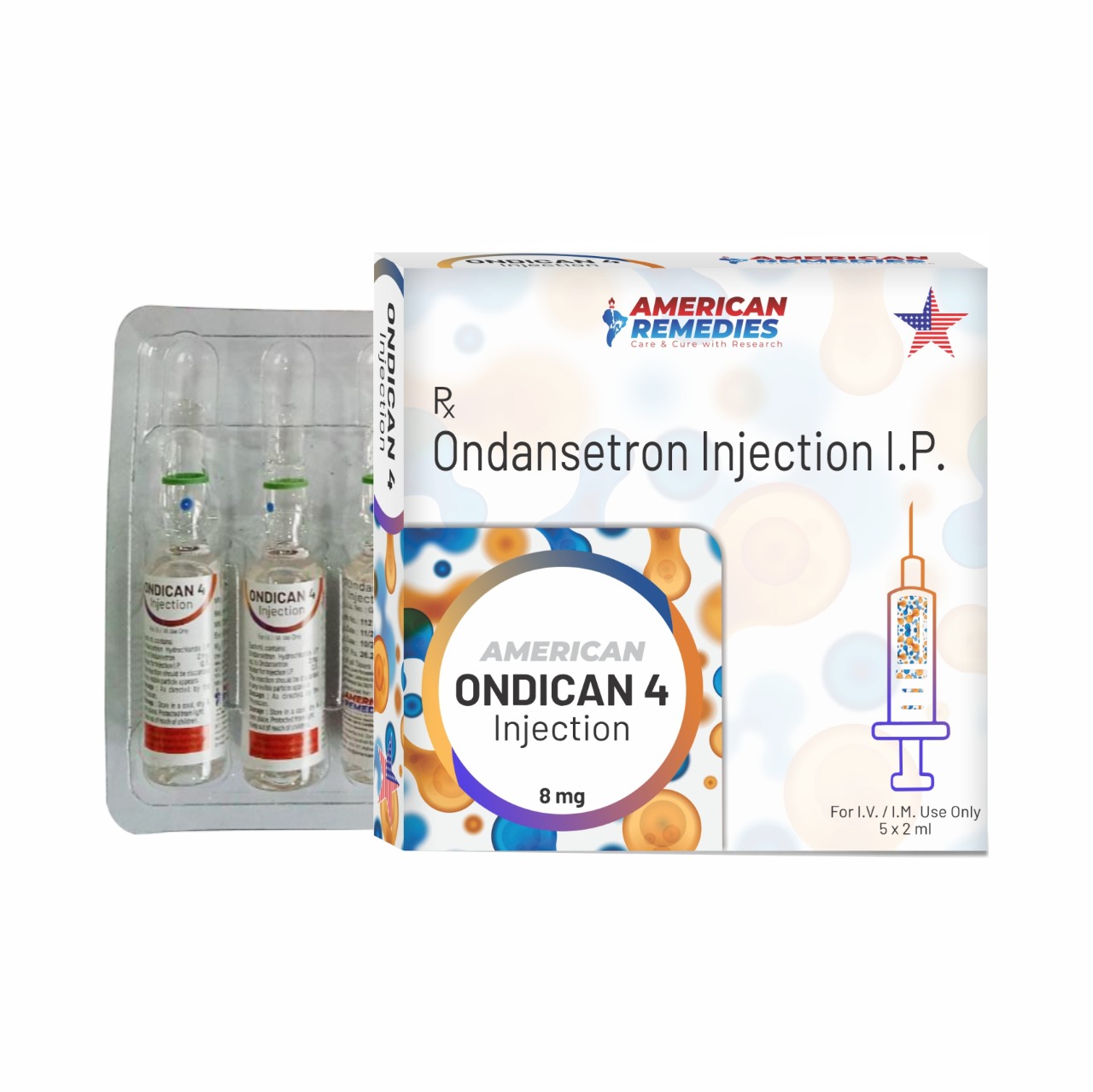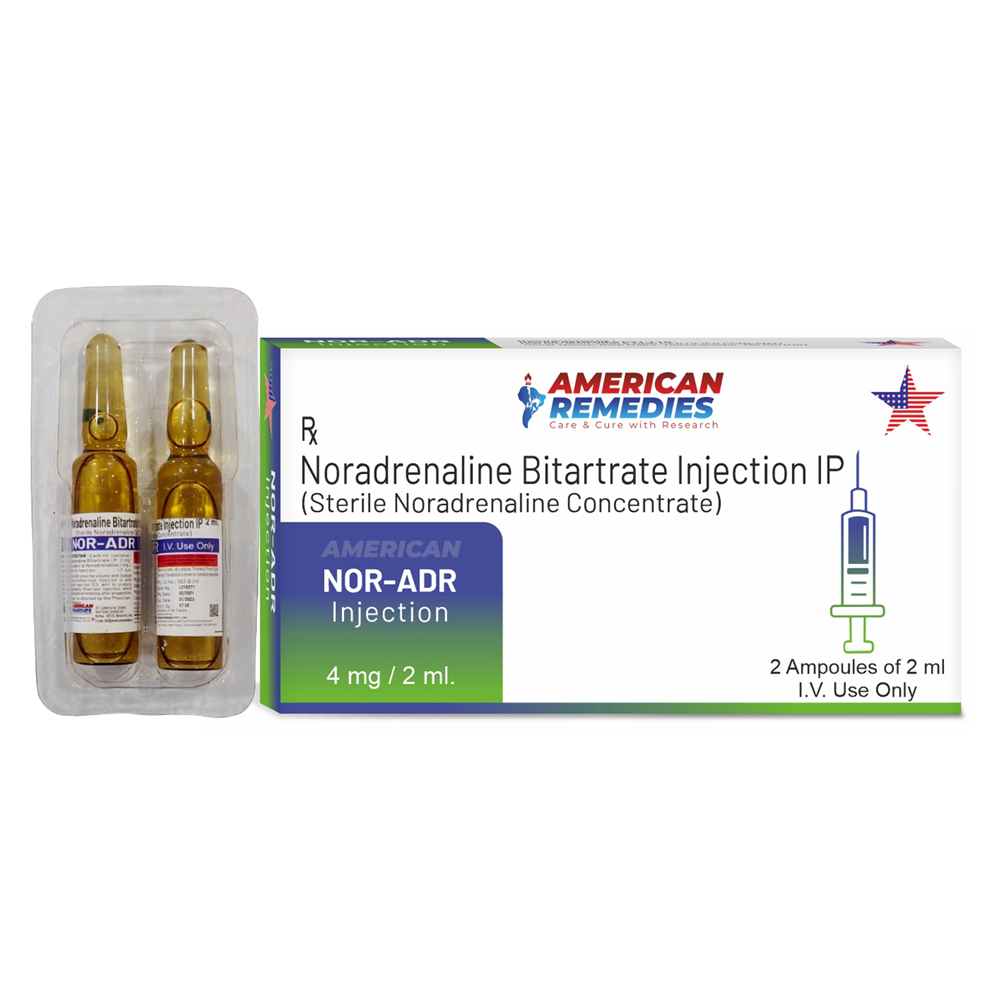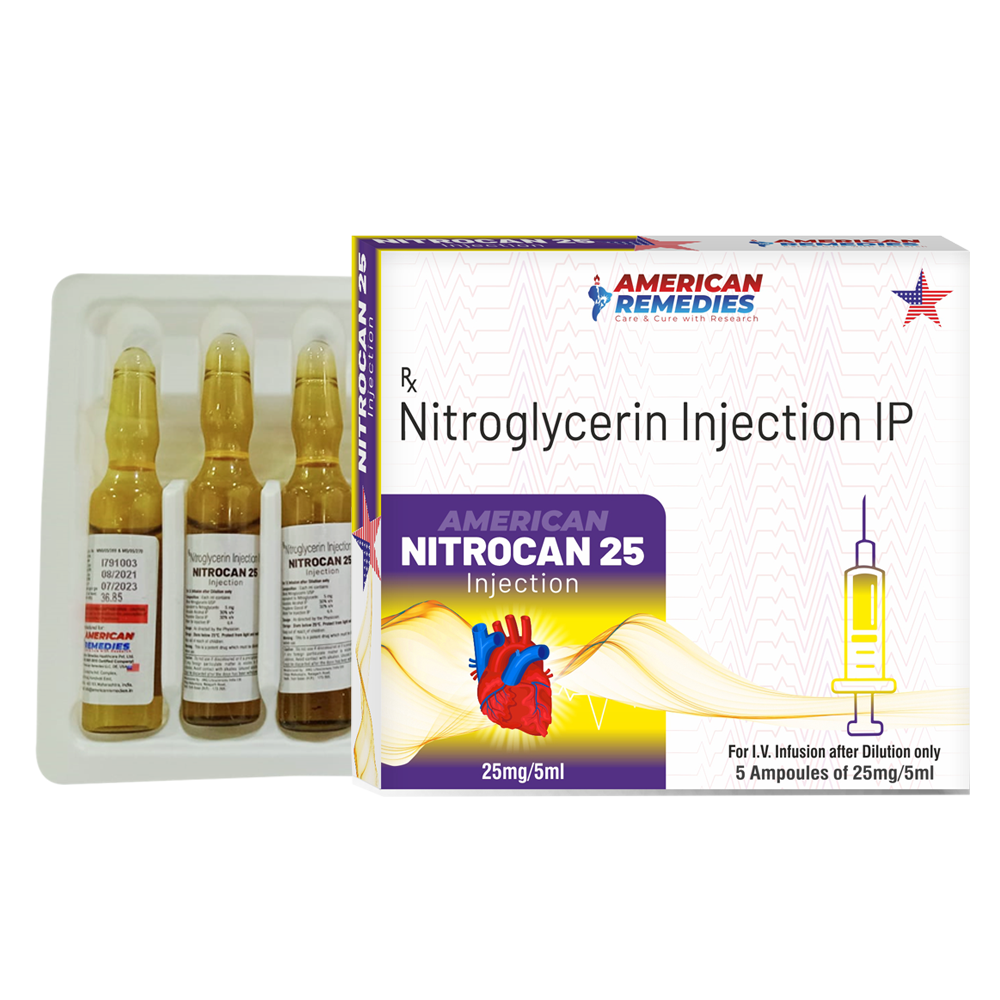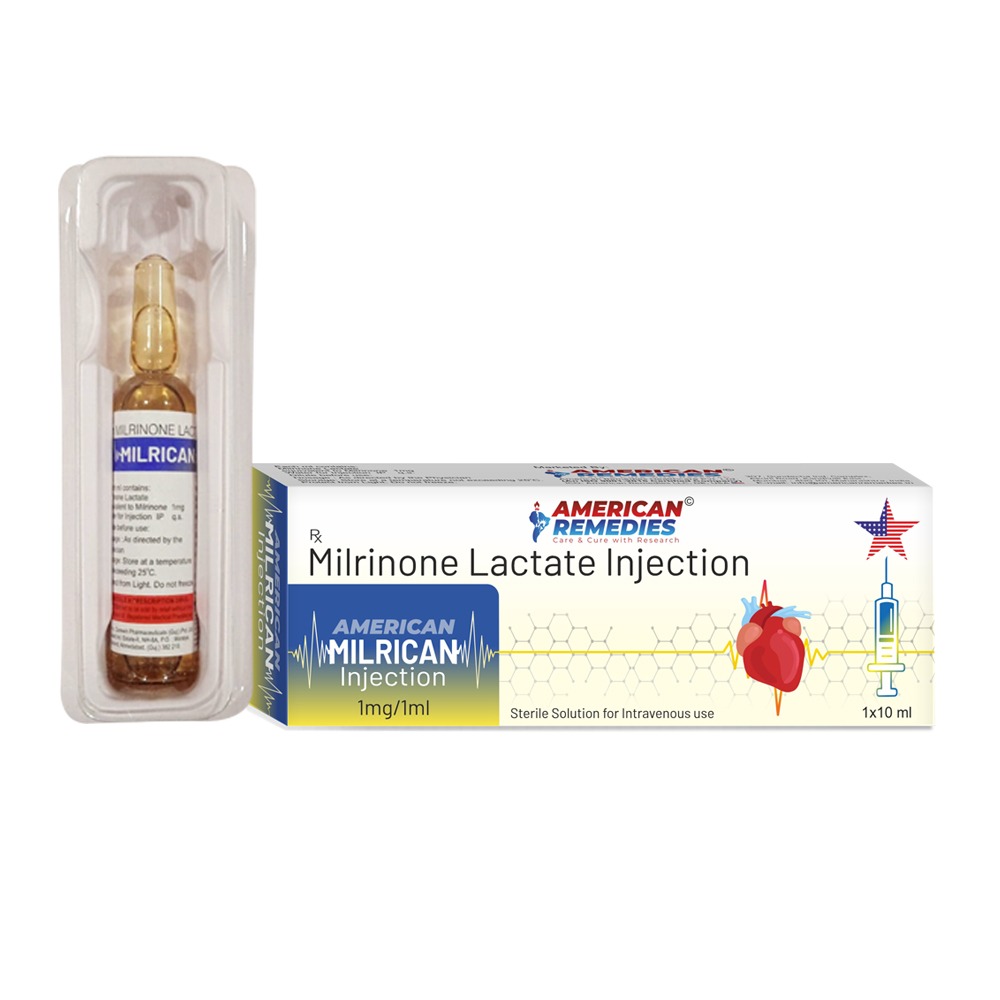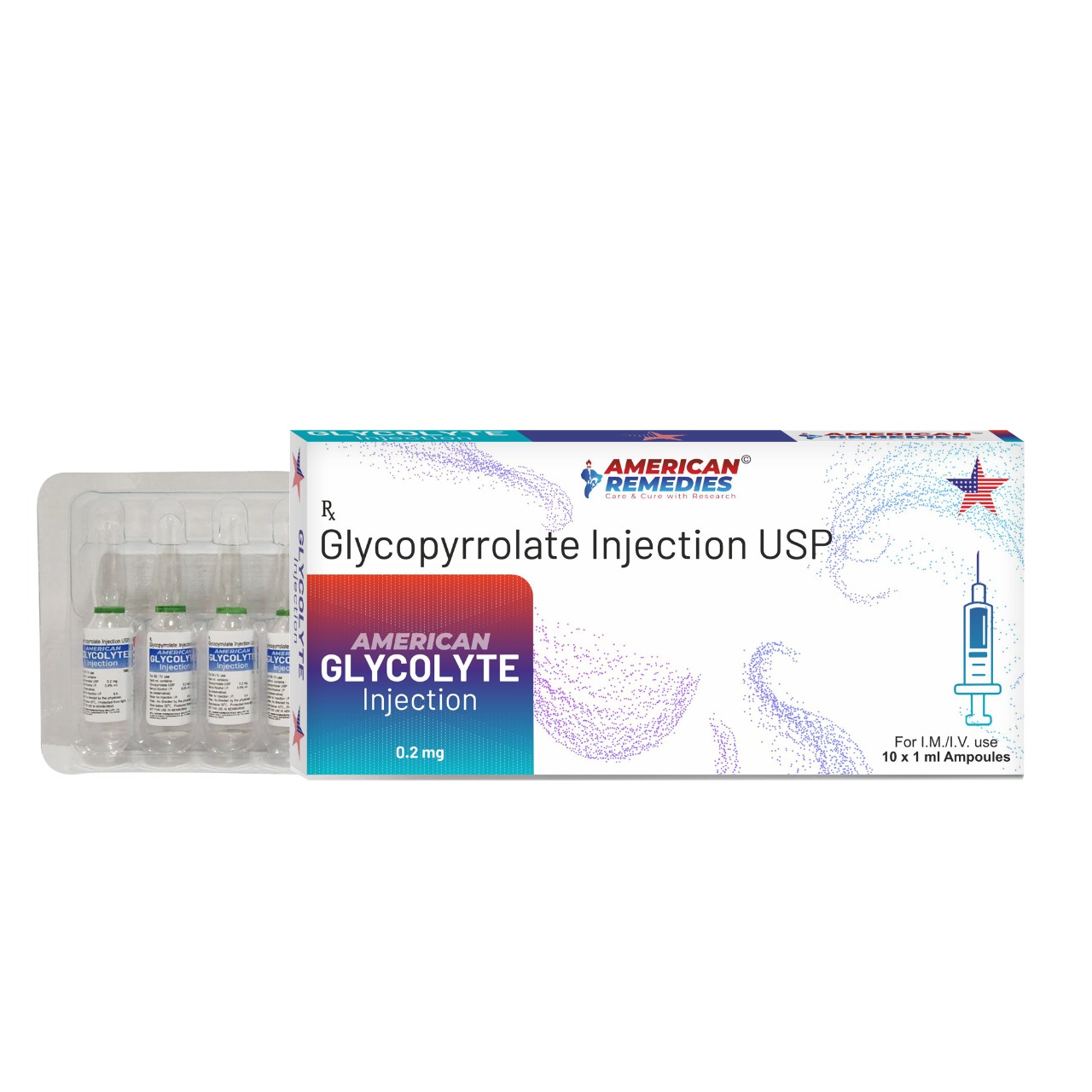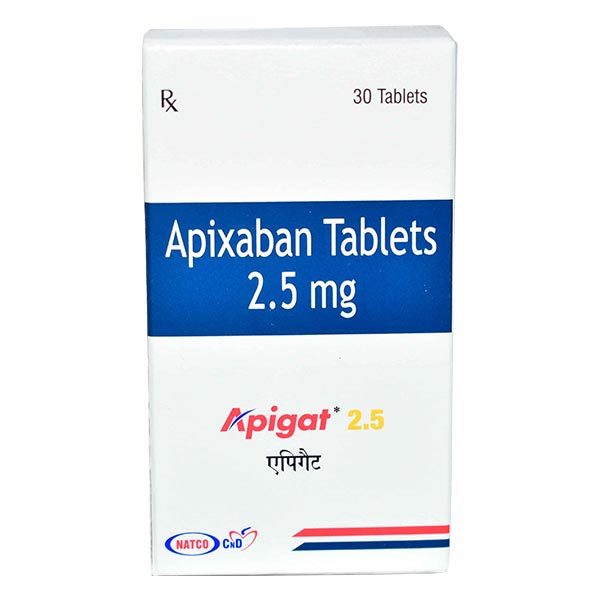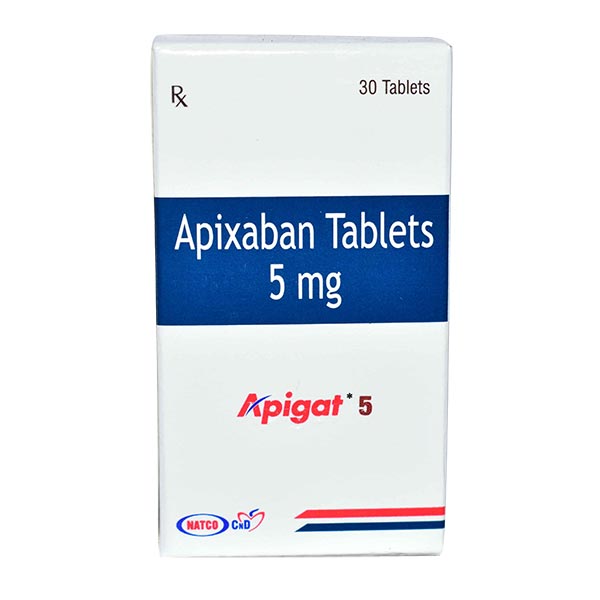Anti Cancer Medicine
Ondican 4 Injection, also known by the generic name Ondansetron 4 mg Injection, is an antiemetic medication primarily used to prevent and treat nausea and vomiting associated with various medical conditions and treatments.
Common Uses
1. Chemotherapy-Induced Nausea and Vomiting (CINV): Ondican 4 is administered to prevent nausea and vomiting caused by chemotherapy. It is typically given 30 minutes before the start of chemotherapy sessions.
2. Radiation Therapy-Induced Nausea and Vomiting: It is used to prevent nausea and vomiting associated with radiation therapy, usually administered 1–2 hours before treatment.
3. Postoperative Nausea and Vomiting (PONV): Ondican 4 helps prevent and treat nausea and vomiting following surgery. It is administered immediately before or within 2 hours after surgery.
4. Other Causes of Nausea and Vomiting: It may also be used to manage nausea and vomiting due to other causes, such as gastroenteritis or certain medical conditions.
Mechanism of Action
Ondican 4 works by blocking the action of serotonin, a chemical in the body that can trigger nausea and vomiting. By inhibiting serotonin receptors in the brain and gastrointestinal tract, it effectively prevents these symptoms.
Administration
Ondican 4 Injection is administered intravenously (IV) by a healthcare professional in a hospital or clinic setting. The dosage and timing depend on the specific condition being treated and the patient's medical history.
Side Effects
Common side effects may include:
• Headache
• Constipation
• Dizziness
• Fatigue
• Injection site reactions These side effects are generally mild and temporary. However, if they persist or worsen, consult your healthcare provider.
Precautions
Before receiving Ondican 4, inform your doctor if you have:
• Liver disease
• Heart problems
• Electrolyte imbalances
• Blockage in the stomach or intestines
Additionally, disclose any other medications you are taking, as interactions may occur. Pregnant or breastfeeding individuals should consult their healthcare provider before use.
Price: 0 |
Payment Type: |
Available: False |
COD Available: False |
KYC Status: FAILED
Send Message
